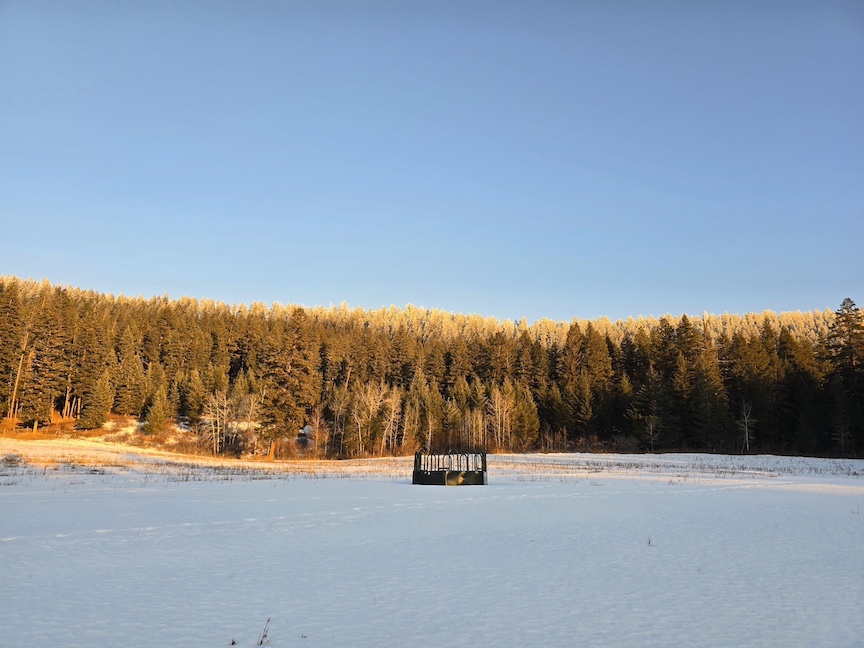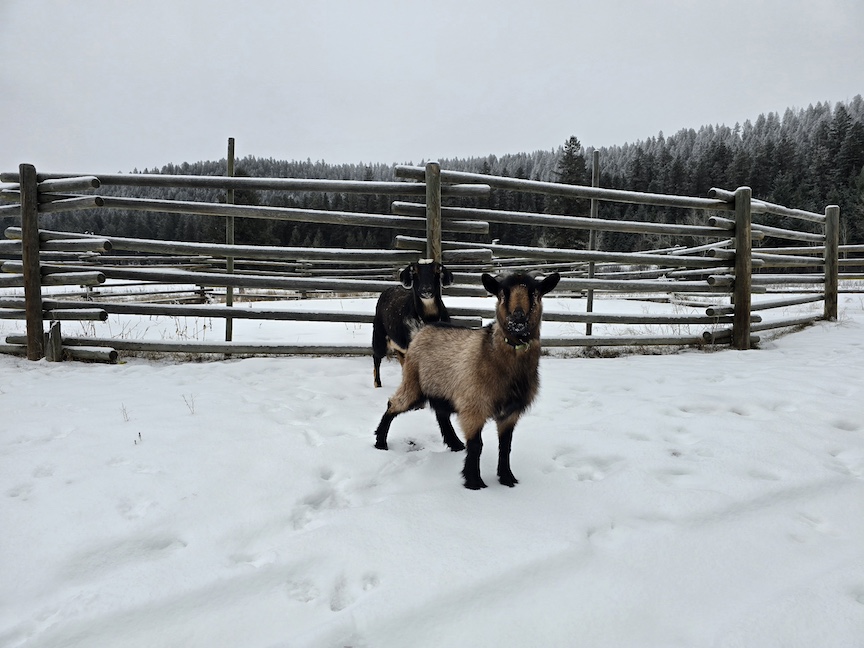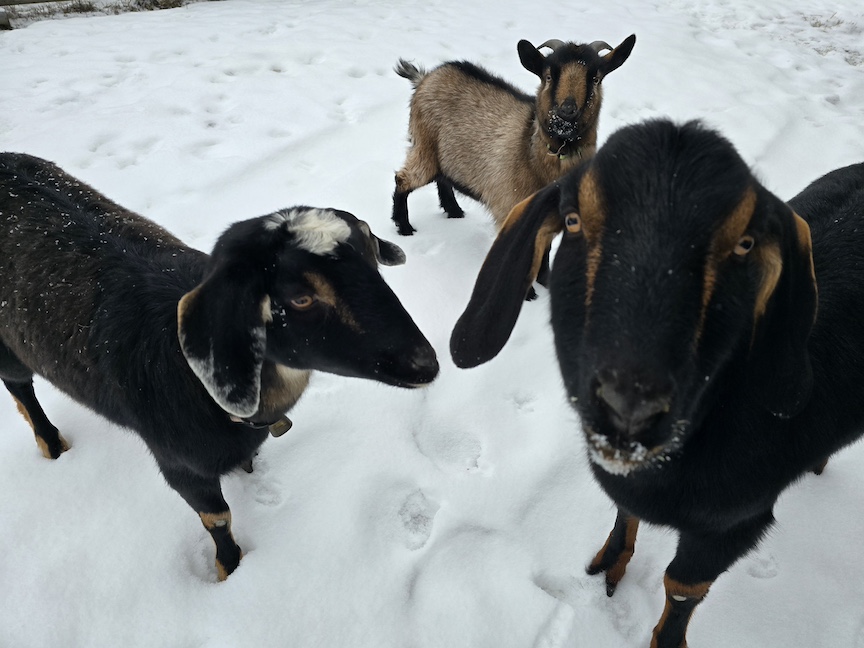Starring: Gary Cooper, Jean Arthur, James Ellison
Director: Cecil B. DeMille
Released: 1936
Mood: If you want the experience of watching an over-the-top theatrical production of a Western adventure without the awkwardness of having to actually go see live humans on a stage.
I had absolutely zero expectations when I sat down to watch The Plainsman. I didn’t read a plot summary, other reviews, or even the back of the DVD. I was pleasantly surprised when it delivered all the goods you expect from a classic Western:
- Campy characters
- Tons of action
- A short n’ sweet runtime under two hours
On the plus side, it’s mostly a lot of fun. There’s something exciting happening in every scene, it doesn’t attack your feelings, and the actors practically hurl themselves into their roles. It’s also packed with famous characters of the Old West.
The downsides are that, unsurprisingly for the 1930s, the main Indigenous characters are played by tanned white people, despite the presence of over 2,000 Indigenous extras on set. The story is pretty far-fetched. Also, I’m pretty sure a horse dies or is severely injured in one scene when a wagon flips. They weren’t too strict about animal safety back then.
All in all, though, it’s a quality production that will please most classic Western fans.
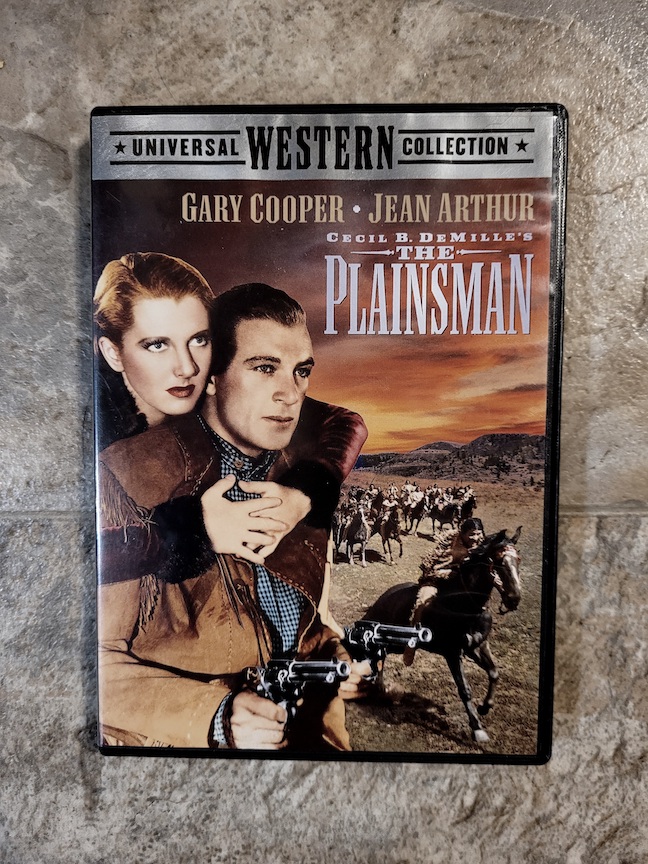
The Plainsman is about the “brave” men cleaning up the Great Plains to make the country “safe” for the white man. That’s the last order of Abraham Lincoln before he waves goodbye to take his wife to the theatre and is immediately assassinated off-camera.
We skip on over to a paddle steamer on which Buffalo Bill (James Ellison) and his sweet bride Louisa (Helen Burgess) bump into Wild Bill (Gary Cooper). Louisa tells Wild Bill that her husband has promised to give up his dangerous manly adventures, and Wild Bill tells her that’s never gonna happen.
They all end up in a stagecoach driven by Calamity Jane (Jean Arthur). Poor Calam keeps laying smooches on Wild Bill, and he wipes them off with a sour glare. These two have a grossly unhealthy relationship, with Bill publicly mocking her, trying to get rid of her, and only admitting he loves her when he’s literally about to die. He then punishes her for saving his damn life.
I’m not bothered by his noble cause; it’s that this romance is central to the plot and it’s painfully one-sided.
Meanwhile, a guy named Lattimer (Charles Bickford) is selling guns to the Cheyenne, who are using them to kill white people stealing their land – quite the opposite of making it safe. Wild Bill reports him to General Custer (John Miljan), and the rest of the movie is everyone trying to stop Lattimer and not get killed in the process.
Because the plot gives zero f*cks for how time works, it also includes the deaths of Custer and Wild Bill – events that took place over a decade after Lincoln was assassinated.
This is neatly addressed by a disclaimer after the opening credits: “The story that follows compresses many years, many lives, and widely separated events into one narrative in an attempt to do justice to the courage of the plainsman of our west.”
![]()
The Plainsman is bursting with the earnest overacting of its time. At first it’s a bit distracting, but after a few minutes you can’t help but get swept up in all that passion.
Jean Arthur is fantastic as Calamity Jane. She’s fiery, tempestuous, and feels natural as a tomboyish Western heroine. I say “tomboyish: because she’s wearing pants and cracking a whip, but her hair and makeup are fabulously modern and spotless. This is no Deadwood; her performance is closer in cuteness to Doris Day’s brilliant turn in Calamity Jane.
Gary Cooper looks NOTHING like Wild Bill Hickok. Reference photos were definitely not used in creating the costumes and makeup for this movie.
John Wayne was actually passed over for the role of Hickok, because director Cecil B. DeMille only wanted Cooper. His performance is brooding and heavy on the smouldering. It’s technically strong acting, but it’s jarringly dark and joyless compared to everyone else in the movie. This Wild Bill is manipulative, scornful, and often downright mean, especially next to the charming Buffalo Bill.
James Ellison, on the other hand, is handsome and dashing AF. Buffalo Bill was a good-looking showman, so it works perfectly for the character. Seriously, look at this guy! What a fox.
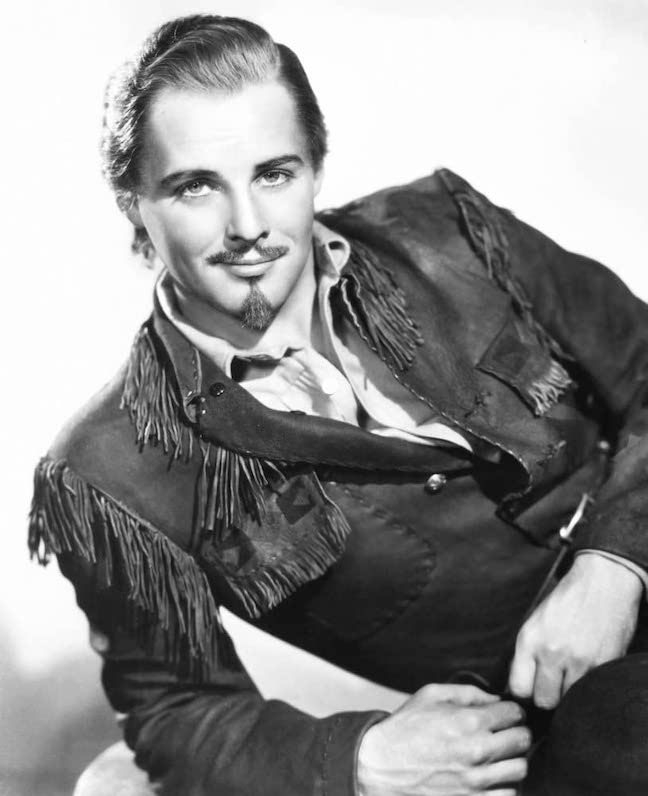
Unfortunately, Buffalo Bill takes a backseat to Wild Bill for much of the movie. He’s shamed because he dares to help his wife hang curtains (woman’s work!), and he gets injured during a siege and has to lie down for the rest of the action. Still, Ellison’s charisma is highly watchable.
The best, most rugged facial hair in the movie is that of John Miljan as Custer. Now HE actually looks like Wild Bill.
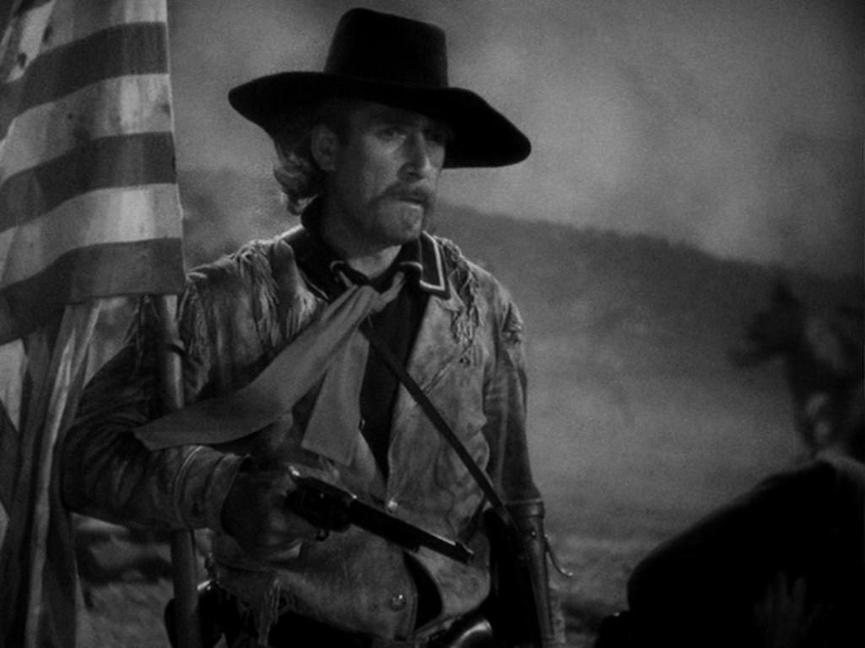
His death scene at Little Bighorn is probably the cheesiest, most melodramatic thing that I’ve ever seen in any Western, but overall Miljan’s is still one of the standout performances.
![]()
The action in The Plainsman is nonstop from start to finish.
It’s not always technically sound, for example several times Gary Cooper is firing guns clearly pointed downward. And the story contains some odd choices, like having Wild Bill force Lattimer’s henchmen to play poker – I get that they wanted to include Hickok’s death, but you’re telling me there was no other way to write it in?!
Still, there are numerous thrilling little climaxes scattered throughout the movie to hold your attention when the plot thins. It’s like they knew the script wasn’t winning any awards, so they gave us plenty of stuff to look at.
And despite its problematic casting of the two Indigenous speaking parts (and the ‘Cheyenne’ language spoken being improvised nonsense), the attitude of the movie is that white guys are bad for selling guns to the Cheyenne – not that the Cheyenne themselves are bad. At least that’s my white-girl take on it.
Yes, they are depicted as killing people, but when asked why, Yellow Hand says it’s because white people are stealing land that was promised to them and killing all the buffalo. Everyone present agrees with him that this is not cool.
Unfortunately, I was totally disinterested in Lattimer and came away from The Plainsman feeling like it lacked a proper bad guy. And villains can be the difference between a good Western and a great one.
By the time I realized that Lattimer’s deeds were THE focal point, I’d already been tuning him out for like half the movie. Reviewers over the years have fawned over Cooper and Bickford’s performances, and the movie even made the American Film Institute’s Top 10 Westerns in 2008 (it has since been replaced). I just found Bickford to be ‘meh’.
I still had a good time watching The Plainsman, I think because they were so upfront about the historical inaccuracy. The movie’s goal was to compress legendary Old West events into one narrative and they did that. Was it believable? Hell no. But was it entertaining? Absolutely.
Give me another movie starring Jean Arthur or James Ellison any day.
